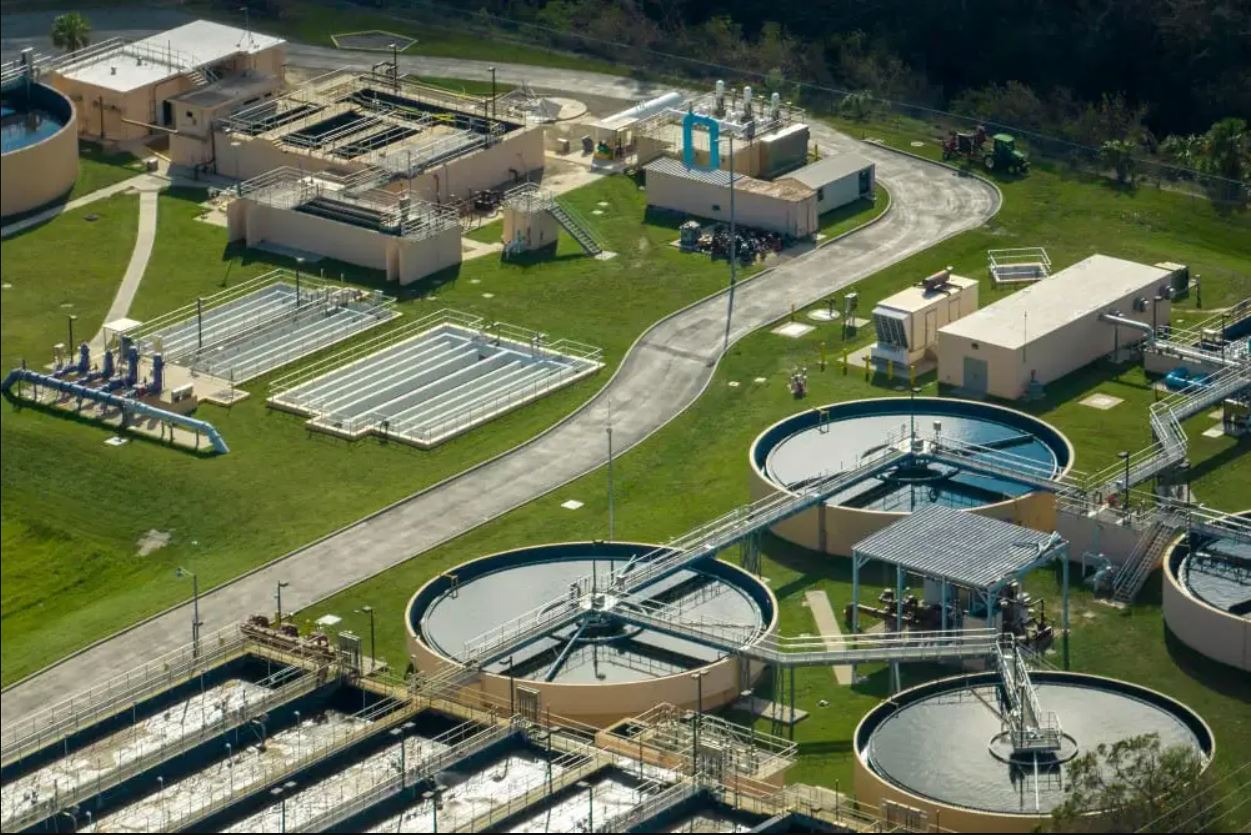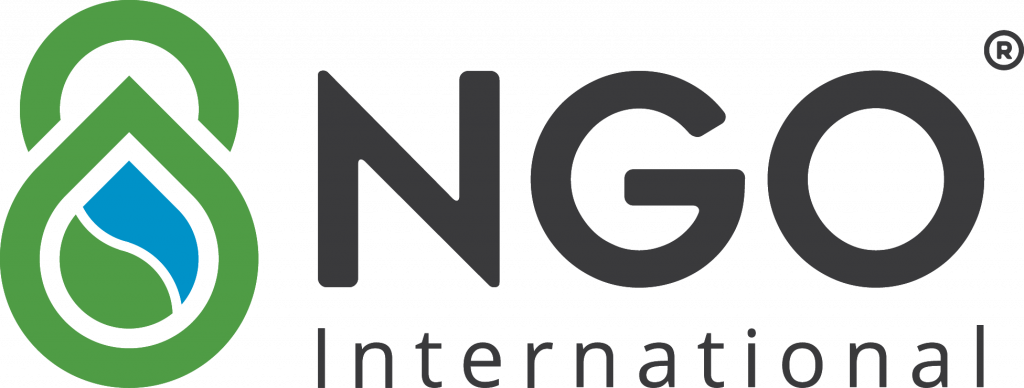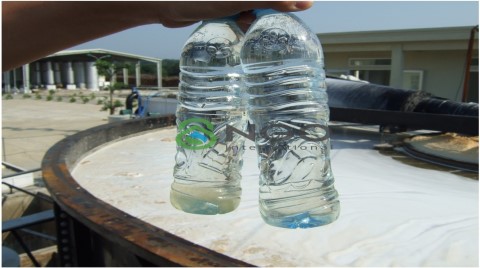
However, the strong development of industrial parks is a positive sign for the economy, but it also brings many environmental challenges. One of the most concerning issues is the wastewater from industrial parks. If not treated properly, industrial park wastewater can cause serious consequences for both the environment and human health.
1. Harmful Components in Industrial Park Wastewater
Wastewater from industrial parks contains many harmful pollutants and may vary depending on the specific industry. Some common components in industrial wastewater include:
- Heavy metals: Such as lead (Pb), mercury (Hg), cadmium (Cd), zinc (Zn), copper (Cu). These metals can accumulate in the environment over a long period, causing harm to the ecosystem.
- Organic substances and hazardous chemicals: These include organic compounds, oils, industrial solvents, and hazardous chemicals like pesticides and industrial detergents.
- Wastewater with unstable pH levels: It often contains acids and alkalis, which can alter water quality, cause corrosion of infrastructure, and negatively affect organisms.
2. The Impact of Industrial Park Wastewater on the Environment
Industrial wastewater, when discharged into the environment without treatment, can have many dangerous negative impacts:
- Water pollution: Industrial wastewater containing heavy metals and chemicals can enter groundwater and surface water, contaminating drinking water sources and agricultural water, impacting agriculture and daily life.
- Ecosystem destruction: The toxic substances in wastewater can kill various plant and animal species, reducing biodiversity. Especially, aquatic species are at high risk of extinction when water sources are contaminated.
- Soil pollution: When heavy metals and chemicals enter the soil, they degrade soil quality, causing agricultural land to deteriorate and reducing agricultural productivity.
3. The Impact on Human Health
Pollutants from industrial wastewater not only affect the environment but also directly impact human health, leading to various health risks:
- Heavy metal poisoning: When heavy metals from wastewater contaminate drinking water sources, humans can be poisoned through drinking, eating contaminated food, or direct contact, causing liver damage, kidney issues, nervous system problems, and even cancer.
- Respiratory and skin diseases: Inhaling chemical fumes from industrial wastewater can lead to respiratory diseases such as pneumonia and asthma. Contact with wastewater containing chemicals can cause skin irritation, inflammation, and allergic reactions.
- Cancer and endocrine disorders: Chemicals and heavy metals in wastewater can accumulate gradually in the human body, causing serious diseases like cancer and endocrine disorders, especially with long-term exposure.
4. Responsibilities of Enterprises in Industrial Wastewater Treatment
Enterprises in industrial parks must take responsibility for proper wastewater treatment in order to protect the environment and the community. To minimize harm, enterprises should:
- Invest in modern wastewater treatment systems: Use advanced technologies to remove pollutants and heavy metals from wastewater before discharging it into the environment.
- Comply with discharge regulations: Enterprises must adhere to legal environmental standards and ensure that treated wastewater meets safety criteria.
- Regular inspections and monitoring: Enterprises need to conduct frequent monitoring and inspections to ensure that the treatment systems are functioning effectively and meeting environmental requirements.
If you want to learn more about industrial wastewater treatment solutions, please check out the article: Industrial Wastewater Treatment Solutions
5. Benefits of Proper Industrial Wastewater Treatment
Proper industrial wastewater treatment not only helps protect the environment but also brings practical benefits to businesses, such as:
- Reducing risks: Enterprises that comply with discharge regulations avoid heavy fines and the risk of having their operations suspended.
- Protecting public health: Proper wastewater treatment helps protect drinking water sources and reduces the negative impacts on human health and the surrounding community.
- Enhancing brand reputation: Environmentally responsible businesses build trust with customers and partners, which strengthens their position in the industry.
Conclusion
Industrial park wastewater contains many harmful substances that can pollute the environment and threaten human health. Implementing industrial wastewater treatment solutions is urgent and necessary to protect the environment and ensure sustainable development for businesses.

 Tiếng Việt
Tiếng Việt






